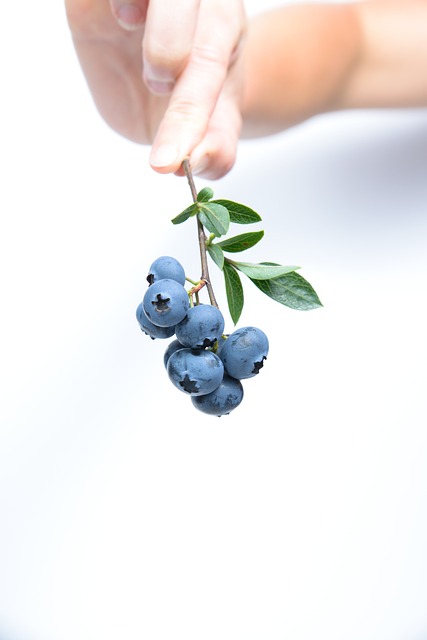Beyond Yogurt: Exploring Unique Sources of Probiotics and Their Benefits
Probiotics have gained significant attention in recent years due to their numerous health benefits. They are live bacteria and yeasts that are good for your digestive system. While yogurt is commonly known as a source of probiotics, there are many other unique sources that can provide these beneficial microorganisms.
Sauerkraut
Sauerkraut, a traditional fermented cabbage dish, is an excellent source of probiotics. It is made through a process called lacto-fermentation, which involves naturally occurring bacteria feeding on the sugar in the cabbage and producing lactic acid. This creates an acidic environment that inhibits the growth of harmful bacteria while promoting the growth of beneficial ones.
Consuming sauerkraut regularly can help improve digestion, boost immune function, and promote a healthy gut. Its tangy flavor makes it a versatile ingredient that can be incorporated into various dishes.
Kimchi
Kimchi, a staple in Korean cuisine, is another probiotic-rich food. It is typically made from fermented cabbage and other vegetables such as radishes, onions, and garlic. Kimchi is packed with vitamins, minerals, and beneficial bacteria that contribute to improved gut health.
Studies have shown that the probiotics found in kimchi help to reduce inflammation, strengthen the immune system, and enhance digestion. Its spicy and tangy taste adds a unique kick to any meal.
Kombucha
Kombucha is a fermented tea beverage that has gained popularity for its probiotic content. It is made by fermenting sweetened tea using a symbiotic culture of bacteria and yeast (SCOBY). The fermentation process produces a variety of beneficial compounds, including probiotics, organic acids, and antioxidants.
Regular consumption of kombucha may help improve digestion, support detoxification, and boost overall gut health. It is available in various flavors, making it a refreshing and enjoyable alternative to sugary carbonated drinks.
Miso
Miso is a traditional Japanese food made by fermenting soybeans with salt and a fungus called koji. It is often used as a base for soups, dressings, and marinades. Miso contains a wide range of probiotic strains, enzymes, and nutrients that provide numerous health benefits.
Adding miso to your diet can enhance digestion, strengthen the immune system, and promote a healthy balance of gut bacteria. Its rich umami flavor adds depth to various dishes, making it a versatile ingredient in both traditional and modern cooking.
Tempeh
Tempeh is a fermented soybean product that originated in Indonesia. It is made by fermenting soybeans with a specific type of mold, which binds the beans together into a compact cake-like form. Tempeh is a great source of protein, vitamins, minerals, and probiotics.
Incorporating tempeh into your diet can improve gut health, support healthy cholesterol levels, and provide the body with essential nutrients. It has a nutty flavor and firm texture, making it a popular meat substitute for vegetarians and vegans.
Conclusion
While yogurt is often the go-to choice for probiotics, there are many other unique sources that can provide you with the beneficial bacteria your gut needs. Sauerkraut, kimchi, kombucha, miso, and tempeh are just a few examples of probiotic-rich foods that offer a range of flavors and health benefits.
Adding these diverse probiotic sources to your diet can contribute to enhanced digestion, improved immune function, and overall gut health. So, venture beyond yogurt and explore the world of unique probiotic foods to support your well-being.







